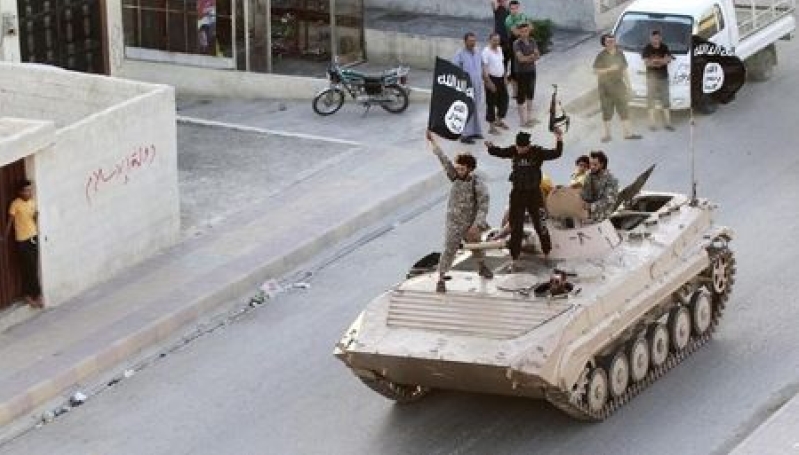
Islamic State militants "most probably" used the banned chemical weapon mustard gas against Kurdish forces in Iraq and international inspectors have been asked to investigate, diplomatic sources told Reuters.
A team of inspectors from the Organisation for the Prohibition of Chemical Weapons (OPCW) will go to Iraq next week to help determine if the blistering agent sulfur mustard was used in the battlefield, three sources told Reuters.
Islamic State already has a broad arsenal of weapons and military vehicles seized from Iraqi forces. It launched an attack with "weaponized chlorine" in January and there have been at least four other occasions it allegedly used chemical weapons, regional officials said.
If Islamic State insurgents have obtained sulfur mustard, commonly known as mustard gas, it would signal a dangerous development in a conflict that has already destabilized the region.
Sulfur mustard is a Class 1 chemical agent, which means it has few uses outside chemical warfare. A blistering agent that causes severe delayed burns to the eyes, skin and respiratory tract, it was used on a massive scale during World War One.
Kurdish authorities say 35 troops southwest of the regional capital of Erbil were sickened in August by a chemical attack. Blood samples tested positive for mustard gas, they said earlier this month.
"Most probably it was mustard gas," said one diplomat, who spoke on condition of anonymity because the information was classified, "But we want to make sure and we want to know where it came from because it is very difficult to get."
Chemical agents are not believed to have been used in fighting in Iraq since Saddam Hussein's fall in 2003.
If confirmed by the OPCW, it would raise serious questions about how Islamic State militants got their hands on the chemicals and, crucially, where they came from.
There are no declared stockpiles of mustard gas in the Middle East since Syria joined the Chemical Weapons Convention in 2013, vowing to eliminate its chemical weapons program.
The OPCW team's mandate will be limited to the single allegation of use in August against the Kurdish Peshmerga forces, which was allegedly fired using mortar rounds.
Syria declared 1,300 tonnes of chemicals weapons to the OPCW in 2013 as part of a deal with Russia, avoiding air strikes that had been threatened by the United States.
Amid continued allegations of the use of prohibited chlorine barrel bombs in Syria, Damascus is in discussions with the OPCW about whether it accurately and fully disclosed its chemical weapons program.
(Reporting by Anthony Deutsch; Editing by Tom Heneghan)






